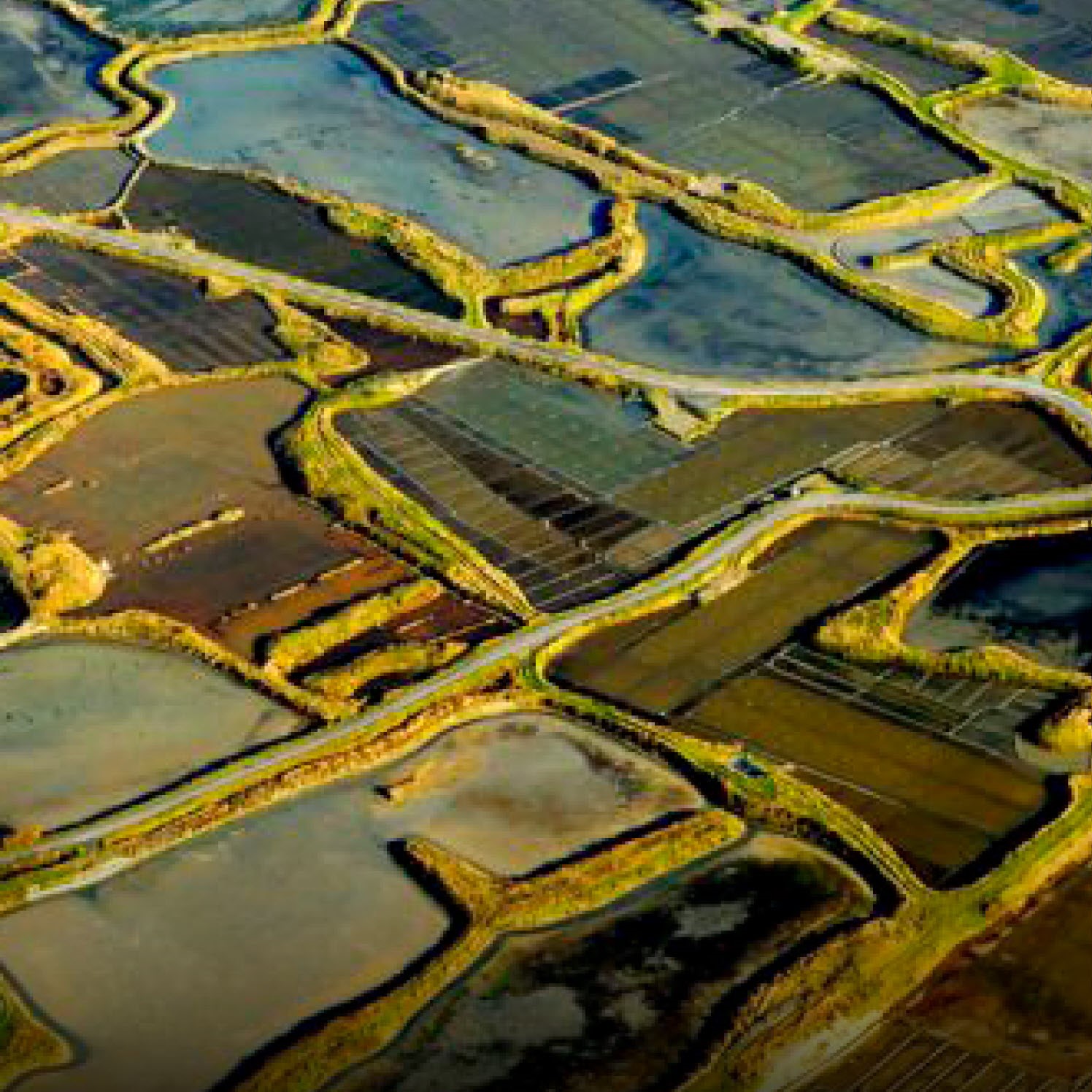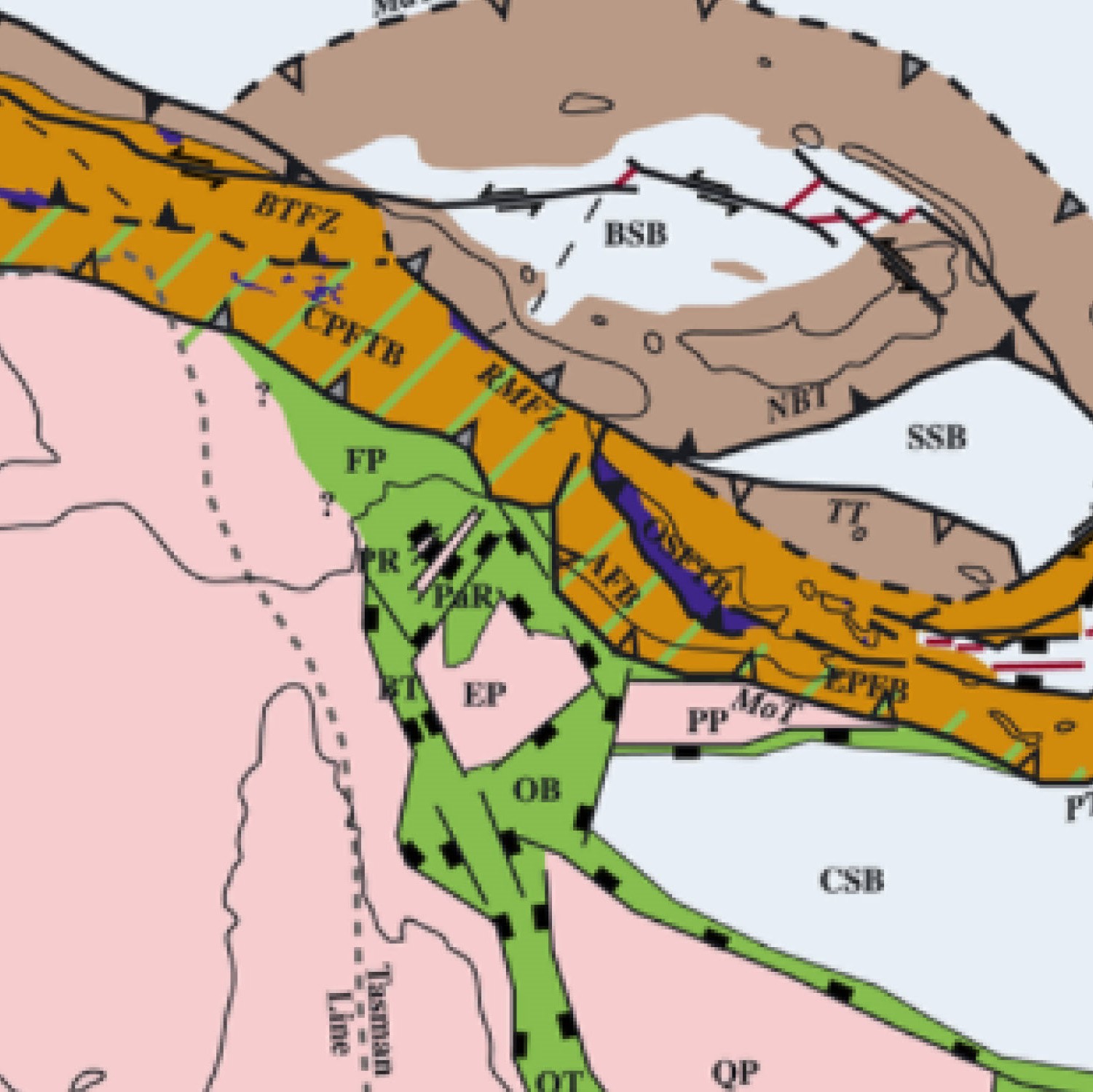MS
Member Since 2009
Mckenzie Skiles
Associate Professor, University of Utah
Member, Cryosphere Nye and Early Career Award Committee; President-Elect, Cryosphere Executive Committee; Section President-Elect, Council; Chair, Cryosphere Fellows Committee
Dr. McKenzie Skiles is an associate professor, and director of the Snow Hydrology Research to Operations (Snow HydRO) Laboratory, at the University of Utah. She received her PhD from UCLA and completed postdoctoral research at NASA JPL/Caltech. She focuses her snow hydrology research on seasonal mountain snow, specifically on snowmelt timing and magnitude, including impacts of snow darkening. Her expertise includes remote sensing, numerical modeling, and field observations.
Professional Experience
University of Utah
Associate Professor
2017 - Present
Education
University of California Los Angeles
Doctorate
University of Utah
Masters
Honors & Awards
Cryosphere Early Career Award
Received December 2023
Citation
Dr. S. McKenzie Skiles has focused on the best approaches for measuring, modeling, and mitigating the impacts of light-absorbing particles (dust, black carbon, or microbial growth) on snow and ice. Her research has demonstrated that in southern Colorado, increases in absorbed solar radiation due to dust loading increase snowmelt far more than temperature changes do
(Skiles et al., 2012, Editor’s Choice Award, Water Resources Research). In Utah, McKenzie connected water decisions made within the Great Salt Lake basin that exposed lake bed sediments to dust that impacted the snowpack that fed the lake (Skiles et al., 2018,
Environmental Research Letters). Her research, combined with interactions with policymakers and natural resources managers, impacted 2022 and 2023 legislation to put more water in the Great Salt Lake to help save snow. McKenzie’s comprehensive review of global impacts of light- absorbing particles on snow and ice (Skiles et al., 2018, Nature Climate Change) explained the science in a global context, and McKenzie was a key contributor to the 2019 Intergovernmental Panel on Climate Change (IPCC) report. Her broader work includes drone-based snow mapping using structure from motion, rates of decline in Himalayan glaciers, and trends in snow cover based on remote sensing. McKenzie has taught multiple snow field schools for students worldwide and was awarded the Utah graduate student mentor award. Showing remarkable leadership for someone so early in her career, she has chaired the Snow International (SINTER) working group and the Western Snow Conference, in addition to contributing substantially to AGU’s Cryosphere Focus Group. Through the research, education, and community leadership outlined above, McKenzie is teaching the community not only how the spectral radiative forcing of dust on snow works physically, but also how we can work together to do something about it. We are pleased to honor her with the 2023 Cryosphere Early Career Award.
—Jessica Lundquist, University of Washington, Seattle
Response
It is an honor to receive the 2023 AGU Cryosphere Early Career Award. When I started graduate school, I aimed to study the impacts of a warming climate on seasonal snow cover. As someone who grew up in Alaska, I knew the importance of mountain snow, and snowmelt runoff, for water resources, healthy ecosystems, and livelihoods. During my first field season in the headwaters of the Colorado River, though, the snow was blanketed in dark red dust, leading to the central question of my master’s thesis: How do the impacts of snow darkening from dust deposition compare with those from warmer air temperatures? Over a decade later I am still studying dust and other light-absorbing particles in snow, and a better understanding of snow-darkening patterns, processes, and impacts and broader controls on snow reflectivity has emerged from these efforts. This work has led to other fulfilling research efforts focused on improving how we monitor snow and ice cover, understand controls on when and how fast snow will melt, and quantify snow cover change over time. I am grateful for the funding agencies who support this research and the graduate students working on it with me. Advising the next generation of snow hydrologists is an honor, and I want to thank my students for their hard work and collaboration. I also want to express my gratitude to Dr. Jessica Lundquist for nominating me and those who wrote letters of support. Additional thanks to all of my collaborators and colleagues—science is a team effort. In particular, I am deeply grateful to my graduate adviser, Thomas Painter, and his graduate adviser, Jeff Dozier, for their mentorship and support. Finally, I want to thank my husband, Chris Donahue, for being the best partner in life, science, and adventure.
—S. McKenzie Skiles, University of Utah, Salt Lake City
See Details
Close Details
Outstanding Student Presentation Award
Received January 2010
Presentation Title: Interannual Variability in Radiative Forcing and Snowmelt Rates by Desert Dust in Snowcover in the Colorado River Basin
Event: 2010 Fall Meeting
Awarding Section: Cryosphere
See Details
Close Details
Publications

Dust on Snow Radiative Forcing and Contribution to Melt in the Colorado River Basin
In the mountainous headwaters of the Colorado River episodic dust deposition from adjacent arid and disturbed landscapes darkens snow and accelerat...
March 09, 2025

Two Decades of Dust Radiative Forcing on Snow Cover Across t...
February 18, 2025
AGU Abstracts
Evaluating Snowmelt Dynamics from a Spatially Distributed Process-based Model informed by Remotely Sensed Snow Albedo across the Colorado River Headwater Basins
APPLICATIONS IN SNOW HYDROLOGY II ORAL
hydrology | 11 december 2024
J Michelle M. Hu, Joachim Meyer, Alvaro Robledano,...
Albedo is a principal control on net solar radiation, thereby regulating the amount of energy absorbed by a snowpack and the timing and rate of snowme...
View Abstract
Snow Today: a multi-decadal operational snow surface property suite and analysis for water supply forecasting
FROM SPACE TO SOLUTIONS: SATELLITE EARTH OBSERVATIONS FOR RESILIENT WATER RESOURCES MANAGEMENT I ORAL
hydrology | 10 december 2024
Karl Rittger, Sebastien JP Lenard, Ross Palomaki, ...
Water managers need accurate observations of snow to make decisions for a diverse set of applications. In situ observations of snow water equivalent (...
View Abstract
Comparative Analysis of UAV Lidar Systems for Snow Surface Property Retrieval from Intensity Corrections
REMOTE SENSING OF THE CRYOSPHERE: SEASONAL SNOW II POSTER
cryosphere | 10 december 2024
Chelsea Ackroyd, Adam Hunsaker, McKenzie Skiles, J...
Aerial lidar intensity at 1064 nm has proven effective for retrieving snow reflectance and grain size over mountain watersheds throughout the melt sea...
View Abstract
Volunteer Experience
2025 - 2026
President-Elect
Cryosphere Executive Committee
2025 - 2026
Section President-Elect
Council
2024 - 2026
Member
Cryosphere Nye and Early Career Award Committee
Check out all of Mckenzie Skiles’s AGU Research!
View All Research Now





